The Members of the Company define the Object, Purpose and Ethos of the Company, and can direct the Trust Board where required to ensure those elements are met. They have authority to amend the Trust’s Articles of Association and appoint a number of Trustees to the Trust Board. Members have a standing invitation to attend meetings of the Trust Board, Committees or Local Governing Body, and the right to ask questions of the auditors.
The Trustees, who form the Trust Board, have overall responsibility and ultimate decision-making authority for all the work of the Company, including establishing and running of schools and, in particular, each Academy as a school. This is largely exercised through strategic planning and the setting of policy, holding the Executive Team to account and the oversight of financial control. It is managed through business planning, monitoring of budgets, performance appraisal, the setting and monitoring of standards and the implementation of quality assurance processes. In this work, the Board is aided the Finance, Audit and Risk Committee (FAR).
Impact’s model of governance is designed to recognise the overall responsibility of the Trust Board; the line management of Headteachers by the CEO and the Executive Team; and the support and challenge of the Local Governing Bodies (LGB). The law places accountability for the educational outcomes and financial diligence of the Trust firmly with the Trustees and the CEO as Accounting Officer. Much of this responsibility is located at Trust Board level. However, a fundamental principle for us is that effective governance is best delivered as close as possible to the point of impact of decisions. For this reason, we have developed a governance structure that delegates key accountabilities to the LGB through a Scheme of Delegation.
If you are interested in joining one of our teams, please contact:
Rhia Lansbury-Palmer
rlansbury-palmer@i-mat.org.uk
